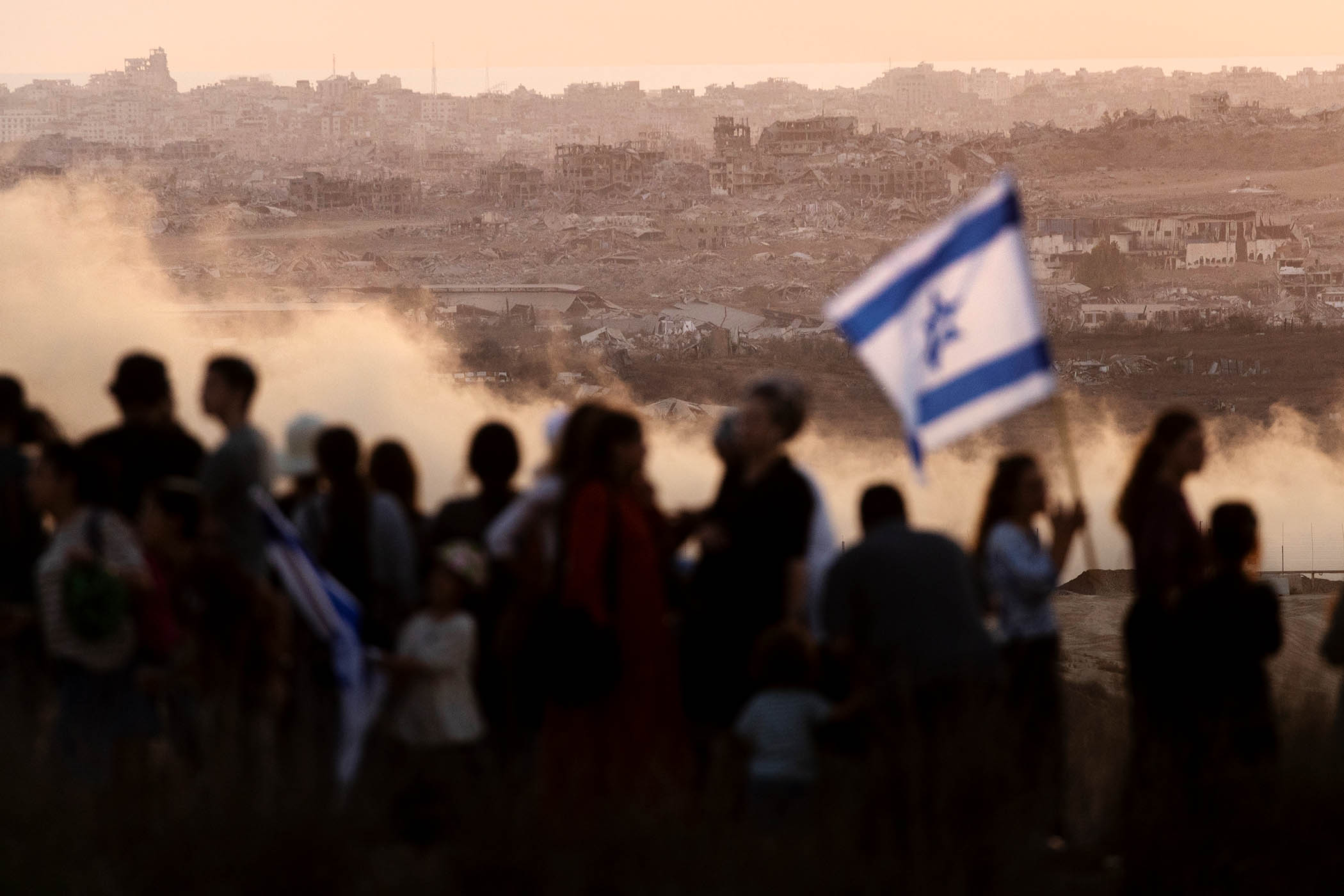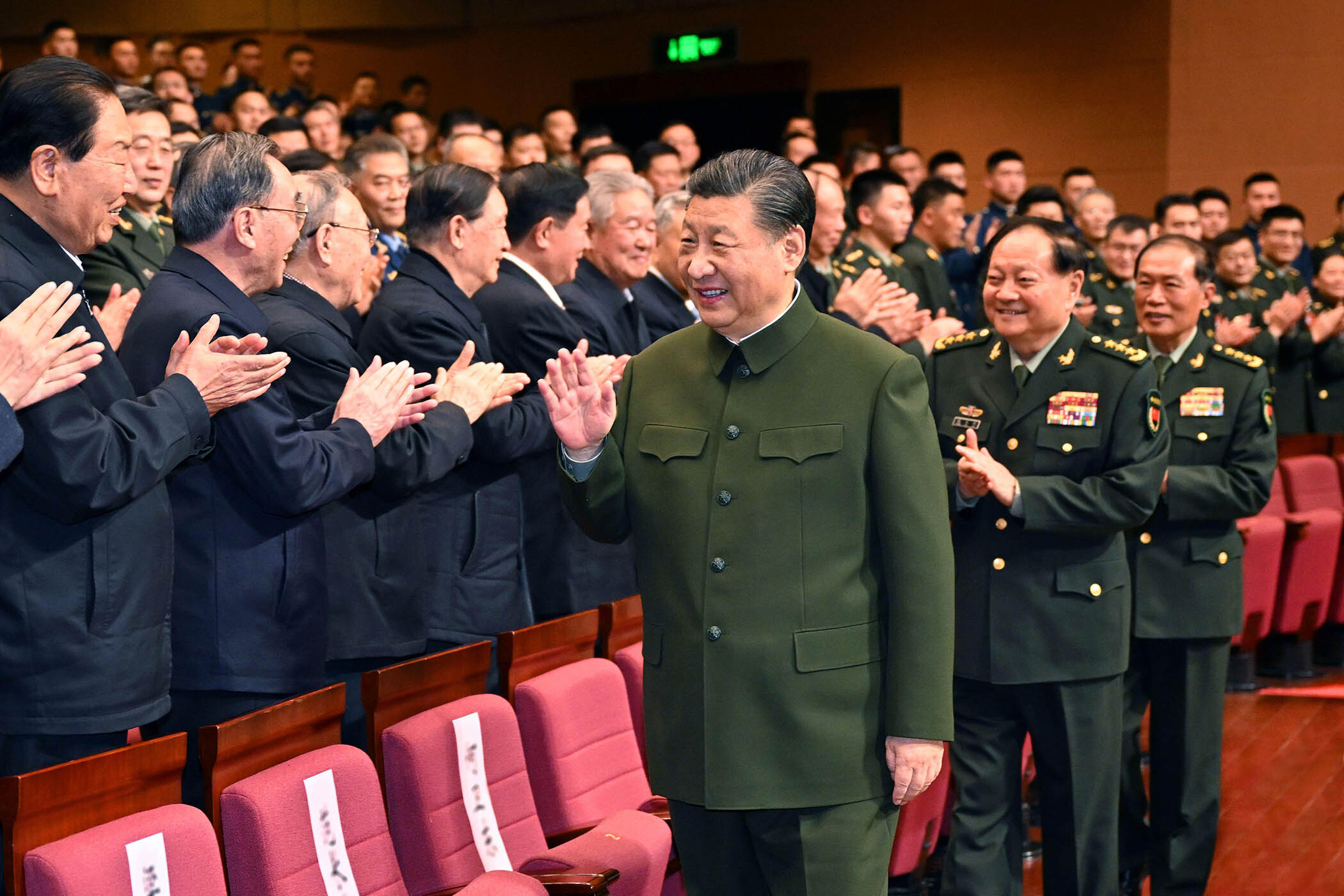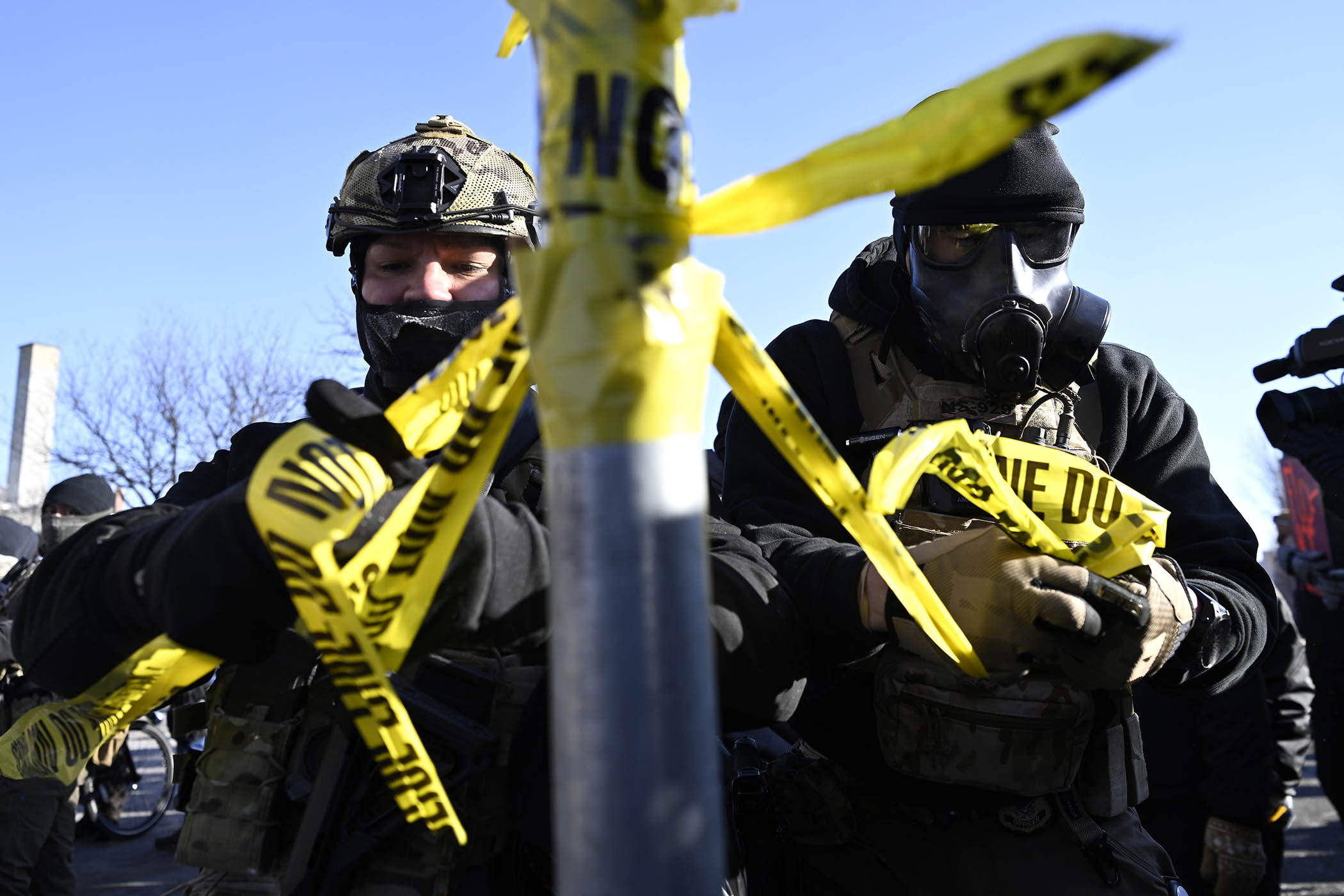Thirty years ago, I was on an author tour across Germany. Midway through, the young publicist on our team asked if we could visit her grandmother who lived near our day’s route. This frail woman in her 80s, face deeply lined, welcomed us with cake and strong coffee, and talked in an intense, animated way.
My German is not great, but she seemed to embark on a rambling story, intended for me, the only non-German there. I could pick up that it was about trains, and she pointed out the window to a railway line traversing the end of her garden. My companions looked ashen-faced, they translated as best they could. She was talking about the war. And the cattle transports which would sometimes stop overnight in a siding, before moving off at dawn.
And on still nights, the muffled sounds of people’s voices, calling for help. I was shocked to realise that she was confessing. Fifty years after the fact. That she had known.
The situation in Gaza brought this back to me, because it is the same psychological space. Knowing, and not knowing. The immense, looming moral hazard that the people of Israel and their supporters overseas are facing as the facts of this genocide inevitably emerge.
Conscience is what makes us human; able to live, love and breathe. It reasserts itself, or we die inside
Conscience is what makes us human; able to live, love and breathe. It reasserts itself, or we die inside
Thankfully, millions of Jewish people inside and outside Israel are speaking against the Netanyahu regime and the monstrous actions of the Israel Defense Forces (IDF). But I have corresponded with people on my parenting-focused Facebook community who live inside Israel, who maintain that no children are being deliberately killed. That the child mortality figures – now in the tens of thousands – are made up.
One medical professional living here in Australia, to my utter bewilderment, claimed that no soldiers were killing civilians “because she knows some soldiers, and they told her so”. Other commenters gave this the lie, baldly stating that everyone being killed “supports Hamas, and deserves to die”.
A Guardian interview with beachgoers in Tel Aviv this month included a young man who said: “We have to kill the babies, because they will grow up to be terrorists.”
We only know the facts we are given. I grew up wanting to fight in Vietnam because my working-class parents brought home the Sun and the Melbourne Herald each day. And because as an English-born boy I saw soldiering as what true manhood was.
Related articles:
When I learned about the massacres, rapes and sheer destruction, my views changed – along with those of my whole generation. But I could have been over there before I realised that: that was the case for many veterans I have known.
Moral hazard is a growth field of great importance in psychiatry, as it underpins a fair section of the suicide toll in many frontline professions. (It was just added as a factor for post-traumatic stress disorder in the Diagnostic and Statistical Manual of Mental Disorders.) And we know that young men develop their morality more slowly, perhaps not until their early 30s. Many of us at that age find we have done things we cannot forgive ourselves for. Those Israelis who have supported Benjamin Netanyahu and his actions, and the men and women who have carried the violence out, can only sustain their denial or ignorance so long. As the better among them come to terms in the decades to come, it will be an unimaginable reckoning.
Newsletters
Choose the newsletters you want to receive
View more
For information about how The Observer protects your data, read our Privacy Policy
There are studies now emerging that the official Gazan death toll of around 60,000-70,000 people may be only a fraction of the true losses. Richard Hill and Gideon Polya write in the medical journal the Lancet that half a million uncounted dead may lie under ruins.
In urban warfare of this intensity, babies and young children die disproportionally, from the sheer impossibility of giving them enough food, water, and medical care. When the tactic of the invader is to destroy all forms of life support, and do so with fatal intent, there is no need to line up people and shoot them. But these deaths cannot stay hidden. In a church in Melbourne this month, volunteers read out the names of dead Gazan children who are already known and counted. The litany went on for 30 hours.
What we learned with veterans of Vietnam, and then Afghanistan, and from other conflicts too, is that denial only lasts so long. Names and locations emerge in the decades that follow. Soldiers begin to tell their tales, and to desperately seek redemption. Remember that after Vietnam, suicide killed more soldiers than ever fell to bullets or bombs. In Gaza the world has allowed genocide to erupt in real time, month after month, but it is not just the poor and suffering Gazans who will pay the price. A whole nation has to face what it has done, what it has become.
Conscience is what makes us human, and able to live, love and breathe. It reasserts itself, or we die inside. Unless addressed, grieved, and redeemed by action on an immense scale, a whole country faces moral and psychological collapse. And we, far, far away, are not immune from this.
Steve Biddulph is a psychotherapist specialising in masculinity, and the author of Manhood, Raising Boys and Wild Creature Mind
Photograph by Amir Levy/Getty Images


